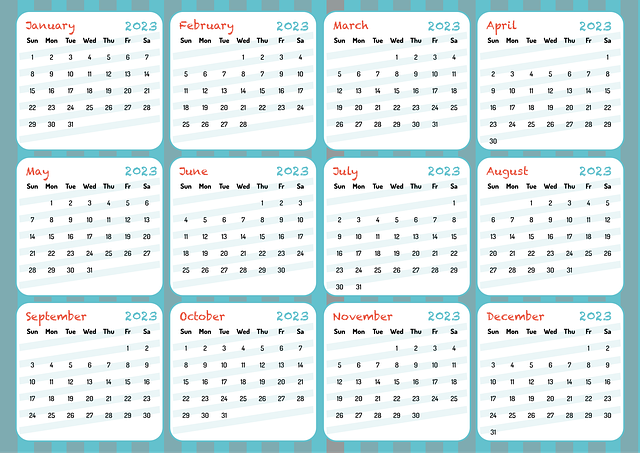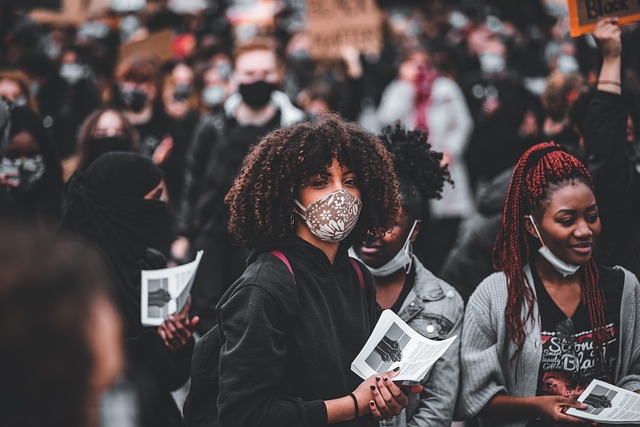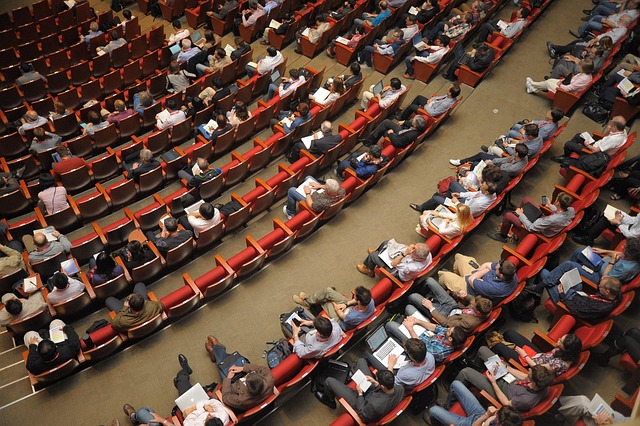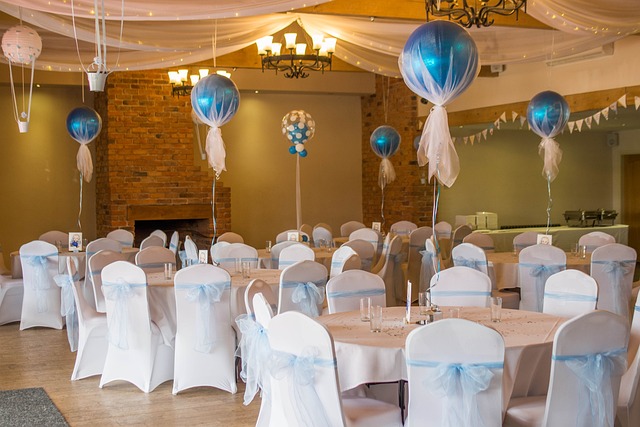For effective event planning by local businesses, understanding community demographics, interests, and needs is crucial. This involves analyzing local characteristics like cultural diversity and outdoor spaces for inspiration, engaging with business associations and community leaders to gain insights, and leveraging surveys and trend analysis to identify recurring themes and shared passions. By tailoring events to resonate with attendees and ensuring inclusivity, organizers create memorable experiences that foster a sense of belonging, enhance local business reputations, and align with target audiences' interests, ultimately driving event success in Event Planning for Local Businesses.
Community events bring people together, fostering connections and strengthening local bonds. This article guides local businesses in Event Planning for Local Communities by streamlining the process from start to finish. We explore key aspects such as understanding your community’s unique needs and interests, effective collaboration with local groups, and tailored event creation. By utilizing online tools, structured timelines, and targeted marketing strategies, you can effortlessly organize events that engage diverse demographics, leaving a lasting impact on your neighborhood.
- Understanding Your Community and Target Audience
- – Identifying community needs and interests
- – Engaging with local business associations and groups
Understanding Your Community and Target Audience

Understanding your community and target audience is a critical step in successful event planning, especially for local businesses looking to engage their customers through events. It involves delving into the demographics, interests, and needs of your neighborhood or city. By knowing who you’re organizing an event for, you can tailor activities that resonate with them, ensuring higher attendance and participation. For instance, a local farmers’ market would appeal to health-conscious foodies, while a community art festival might draw artists and art enthusiasts.
Event planners should also consider the unique characteristics of their area, such as cultural diversity or outdoor spaces, which can inspire themes and venues. Engaging with local business associations or community leaders can provide valuable insights into what events have been successful in the past and what the community is craving next. This knowledge allows for the creation of memorable experiences that foster a sense of belonging and enhance the reputation of local businesses among their target audience.
– Identifying community needs and interests

In the realm of event planning for local businesses, understanding community needs and interests is a cornerstone of successful engagement. By taking the time to listen and observe, organizers can unearth a wealth of insights that cater to the collective desires of their neighbors. This involves surveying residents, engaging in community meetings, and analyzing local trends to identify recurring themes and shared passions. For instance, a thriving farmers’ market could signal a growing interest in sustainable living and fresh produce, inspiring future events centered around these topics.
Event planners should also consider the diverse demographics within the community, ensuring that offerings appeal to all age groups and cultural backgrounds. Incorporating this level of inclusivity fosters a sense of belonging and encourages wider participation, transforming community events into vibrant celebrations that reflect and enhance the local landscape.
– Engaging with local business associations and groups

Engaging with local business associations and groups is a strategic move for event planners aiming to organize community events that cater to diverse interests. These partnerships offer valuable insights into the needs, preferences, and unique characteristics of local businesses, ensuring events align with community dynamics. By tapping into the collective knowledge and networks of these associations, organizers can identify potential sponsors, vendors, and partners who share a commitment to fostering community engagement.
Effective collaboration involves active participation in local business meetings, attending networking events, and establishing open lines of communication. This approach allows event planners to stay informed about upcoming initiatives, existing challenges, and the specific support needed from businesses. Such engagement fosters mutual understanding, encourages buy-in, and paves the way for successful co-creation of events that bring local businesses and the community together, enhancing the overall impact and sustainability of these gatherings.
Organizing community events doesn’t have to be a complex task. By understanding your local area, its needs, and interests, you can create meaningful gatherings that bring people together. Engaging with business associations and leveraging their resources is also key for successful event planning for local businesses. With the right approach, you can turn any initiative into a vibrant celebration, fostering a stronger community spirit.














